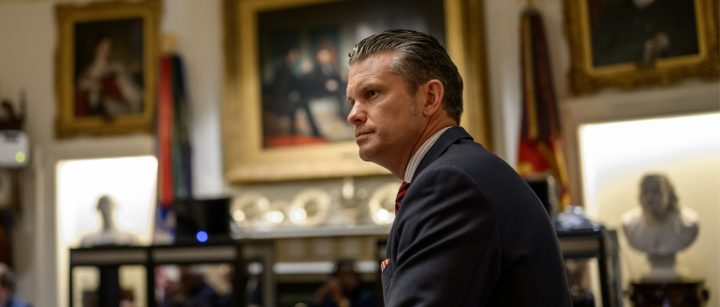Palestine Action Faces Ban: Overview of the Group’s Activities and Impact

In a significant legislative move, Members of Parliament in the United Kingdom recently voted to designate the group Palestine Action as a terrorist organization, a decision that evokes strong reactions across political and social landscapes. The vote, led by Home Secretary Yvette Cooper, garnered overwhelming support in the House of Commons, passing with 385 votes in favor and just 26 against. This classification elevates Palestine Action to a status akin to that of notorious armed groups such as al-Qaeda and ISIS.
The decision comes in the wake of a high-profile incident where activists from Palestine Action broke into RAF Brize Norton, the UK’s largest Royal Air Force base, and vandalized two military aircraft, reportedly causing millions in damages. In light of these events, a challenge to the order is currently being heard in London’s High Court, with Palestine Action co-founder Huda Ammori seeking a temporary injunction against the proscription.
Palestine Action positions itself as a pro-Palestinian organization dedicated to disrupting the arms industry in the UK, claiming its actions are aimed at protesting what it terms the complicity of the UK government in Israeli military operations. The organization has taken a bold stance, arguing that its activities aim to raise awareness about global injustices faced by Palestinians.
In reviewing the group’s actions, it is clear that Palestine Action has been active since its inception in July 2020, staging multiple protests and direct actions against companies they accuse of profiting from Israeli military activities. These include high-profile protests at Elbit Systems, an Israeli arms manufacturer, where activists have engaged in a variety of tactics including vandalism and occupation of facilities.
These actions have sparked significant debate. Critics label them as acts of vandalism, while supporters argue they highlight critical global issues surrounding justice and humanitarian rights. The UK government’s stance, however, frames these tactics in a more severe context, as it moves to categorize the group alongside entities engaged in violent extremism.
Palestine Action contends that the real crime is not their acts of protest but the complicity of the UK government in military operations that they argue perpetuate violence and oppression in Palestine. They have expressed concerns that the proscription could hinder legitimate protest and civil liberties in the UK, drawing parallels between their current situation and previous historical instances of protest against government actions.
With ongoing tensions and differing perspectives on the situation in the Middle East, this latest development serves as a reminder of the complex dynamics at play within international politics, particularly the conversations surrounding the rights and lives of Palestinians. The potential implications of this designation have sparked discourse that extends beyond the UK, resonating with advocates for peace and justice across the globe.
#PoliticsNews #MiddleEastNews






